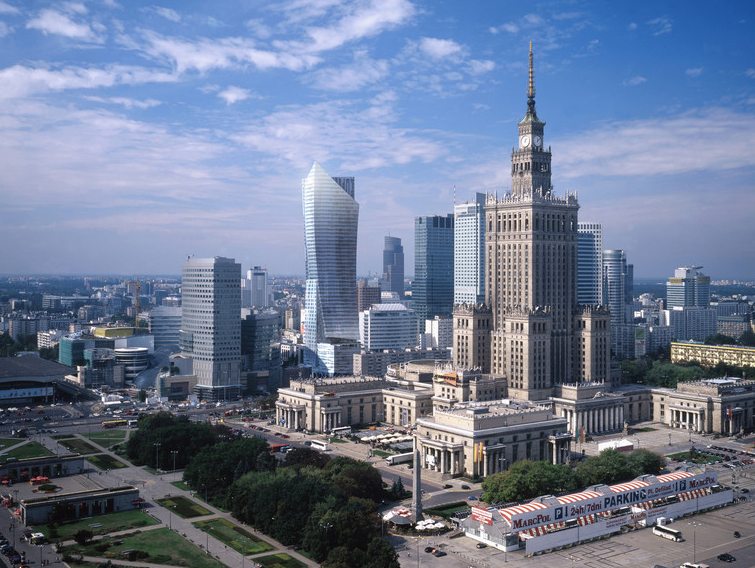Krzysztof Dabrowski, minister counsellor from the promotion and bilateral cooperation department of the Ministry of Economy in Poland, tells Big Project ME how a complete overhaul of economic policies helped Poland recover from the impact of communist rule, and the scope for PPPs in the country’s construction sector.
How has the history of Poland shaped the country’s current economic makeup?
We used to be called a communist state. Today, we function as a coalition government. Even now, 25 years after we kicked off our reformation processes and since our ascension to the European Union (EU), Polish people can be a little sensitive about the experience, which wasn’t entirely pleasant for us. The economic reforms and democratisation activities we undertook over the years ensured we didn’t collapse in the face of the economic crisis of 2008 like some other European countries did.
How did you cope with that economic crisis?
Poland is a special country in that we sustained our growth pattern at a time when our European neighbours were failing. While our GDP may not have boomed in our history, it always grew steadily. Contrary to that, some countries grew by 10% in one year and fell to -5% in the next. Had you visited Poland 25 years ago, you’d have found empty shops, empty marketplaces and a dearth of food. But this was the first European country to introduce the ‘shock therapy’ method, which entailed a complete overhaul of all our laws, regulations and procedures within a span of one to two years. Despite the change in governments over the years, our policies have remained constant and that has hugely benefited our stability.
Which sector undertakes the majority of the construction projects in Poland?
Most projects are undertaken by the private sector. State investments focus on projects like the subway, of which the second line is currently being constructed, metro projects and the like. Those can’t be undertaken by private investors. We also receive funds from the EU to develop our infrastructure, such as highways and expressways. These projects definitely need the state sector to be involved, but a public private partnership (PPP) model can also work.
How can the international private sector be lured towards investing in Poland?
We offer special economic zones for private investors from abroad to work from. Special projects are also eligible for the receipt of state aid and special funds. Of course, that has to be approved by the EU because public money can’t be spent on just any project. But companies working on transport projects, for instance, can expect some state aid.
Is bureaucracy a part of the Polish market?
We were a communist state once, so the effects and remnants of that cannot be conquered overnight. I won’t say we’re fully free of such business malpractices, but as the government, we’re working very hard to remove those elements. We’re far cleaner in our activities when compared with some of our European neighbours, and we’re definitely aiming for a clean sheet in the next few years.
What are your operation strategies for the wider Middle East and far East?
Countries like China and India are booming and would make great business partners for us. China imports our copper supplies and it benefits us to sell into their market. We have also set up a promotion agency to enhance our relationship with China. Laos and Cambodia are also on our radar. As for the wider Middle East, countries like Algeria and Morocco are important markets, and so was Egypt until instability reached its markets. Iraq is a country with great potential, but it’s unlikely any company will want to visit Baghdad or Erbil in such testing times. As a country, we’re working to set up bilateral trade agreements with countries who find mutual benefit in working with us.

